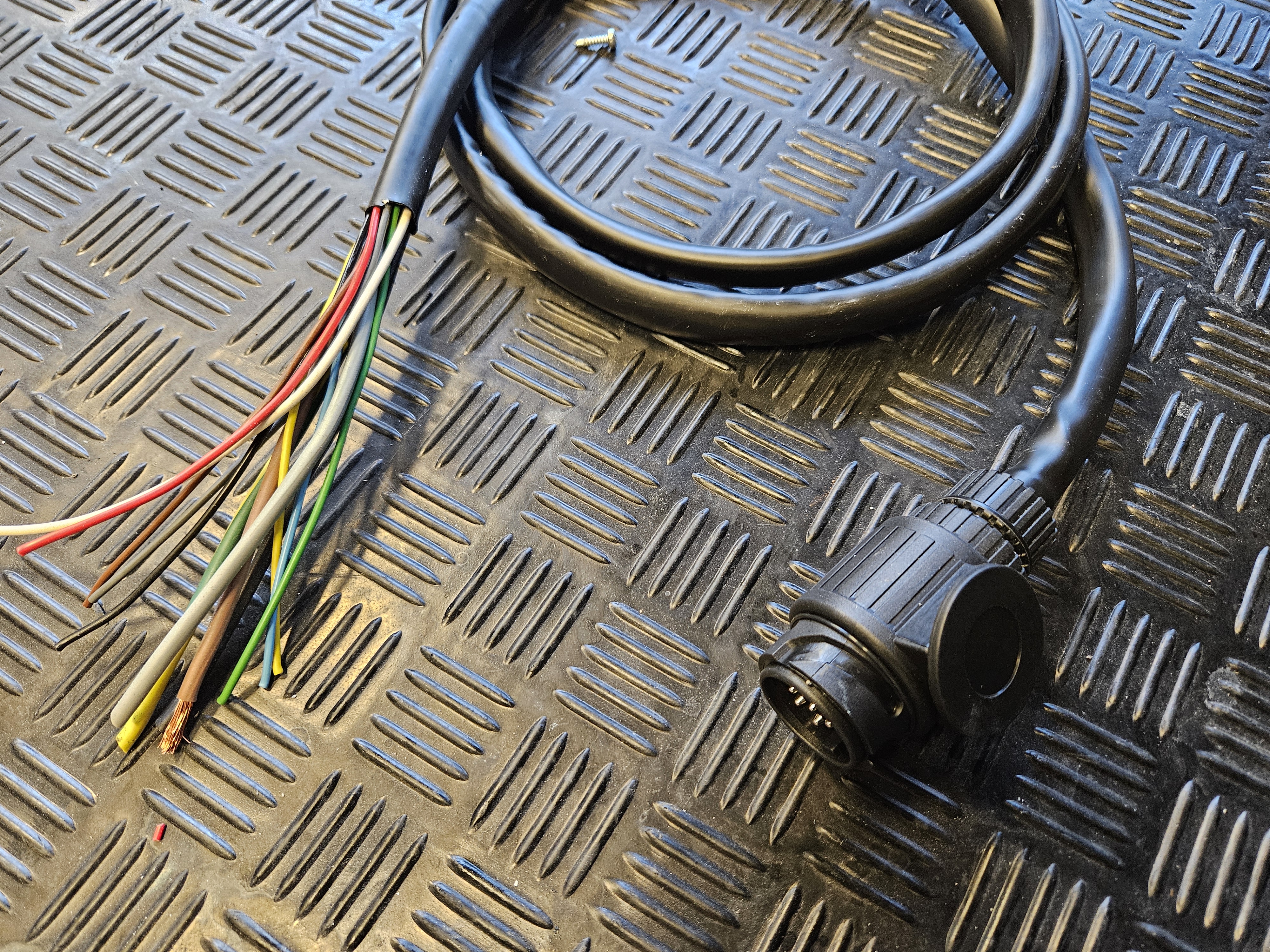Hello,
I have a Caravan with a lithium battery that I want to charge from my car. Of course it has a "smart" alternator.
So, both the caravan and car have a 13-pin EU connector that has two positive and negative pins for charging and supplying refrigerator while driving. (I have removed the refrigerator and installed a 230v refrigerator and it's so much more efficient than the 12v driven absorbtion fridge that is more or less useless in my opinion)
The solution is obvious a Orion-tr smart DC/DC charger that I have used before and these are just amazing. By installing it in the vehicle I will then remove the low output from alternator and ensure a steady powersupply but I will due to cable length and the fact that the wire gauge is not unlimited see a voltage drop to the battery at high currents.
If installing the DC/DC converter on the caravan side it can pull very high amps through the 13pin connector and it might just overheat the pins.
There is also a possibility to use two chargers, one 12/24v in the vehicle and a 24/12v in the caravan but this setup obviously needs to be used with caution if connecting any other caravan or trailer.
What seem to be the best option now is to rewire the connector and paralell connect both the positive and negative leads to reduce voltage drop and load on the 13pin connector. Then I must try with the DC-DC charger at different positions until I find a working solution. I can of course rewire the caravan and install larger size cables but on the vehicle side this is not so easy to be honest. I have not measured but I think it's 2.5mm² wire and it's connected to the vehicle harness in the rear so it's not a long run.
Sizing, 18A is the lowest that could act as a charger, if I say that I just want bulk charging while driving I can go for a 9A version and just set the voltage so low that it will charge when low battery and not overcharge and let the MPPT do the final charge. Maybe I need a 230v charger too so that can also act as a full charger. But 9A is not much, if charging a 200Ah battery it will take 24h.
I have puzzled a lot with the smart orion settings, and there is obvious some advanced settings that would be helpful, like voltage compensation vs. charge current. That when running the charger on different amps could measure the actual voltage drop and add that to settings.
Another great option would be external voltage sense, that would probably solve a lot of issues but would require hardware changes (if anyone know some DIY for this I'm ready for soldering!)
Any ideas? I think this issue is more and more common these days as lithium batteries and solar panels have made the use of ordinary refrigerators much easier than the old 12v/230v/propane refrigerators. (My old fridge used a steady 130W on 12v with very low performance, my 230v refrigerator is drawing 3A from the battery included the inverter and I assume the duty cycle is less than 50% so can calculate run time with around 15-20w)

